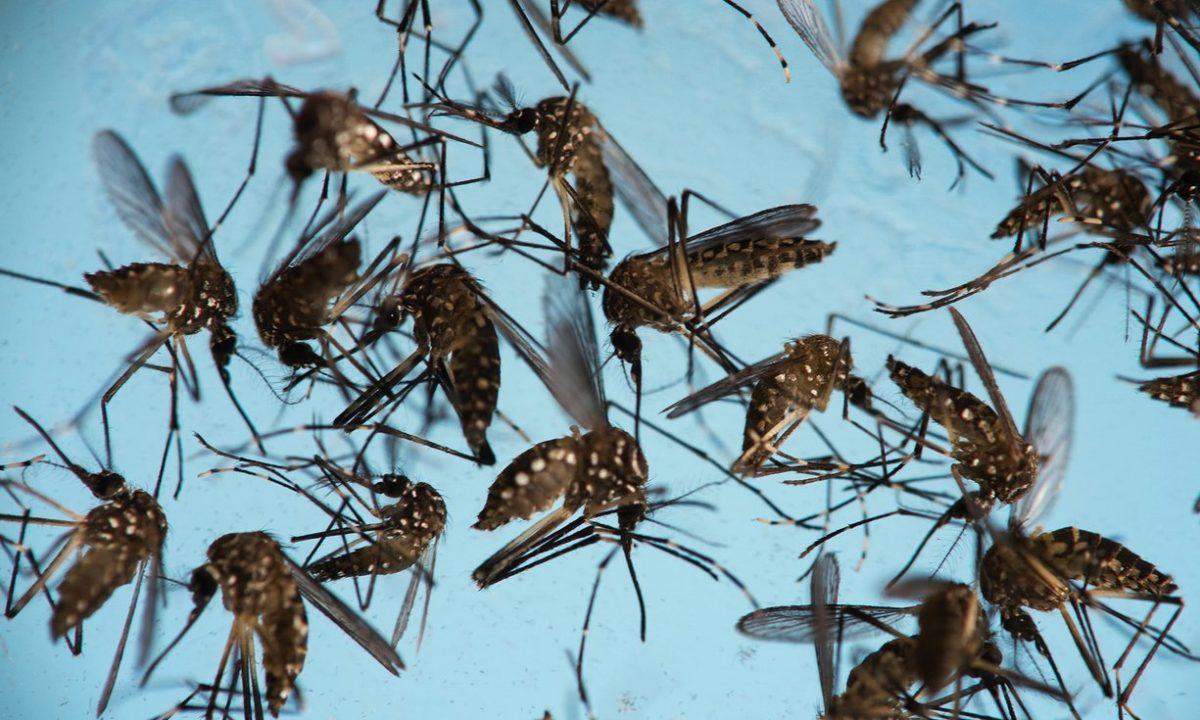Scientists are developing new ways to treat viruses like Zika with the use of innovative technologies. In a new research experiment, scientists released mosquitoes carrying a specific strain of bacteria into areas where Zika-carrying mosquitoes are common. The bacteria are called Wolbachia and they interfere with the ability of a virus to enter the mosquito’s cells. This variety of bacteria is already found in upwards of 60 percent of Earth’s insect species.
However, mosquitoes do not naturally contain the bacteria. This is important because it means that Aedes aegypti, the mosquito that transmits Zika, dengue fever and yellow fever, also does not naturally contain the bacteria. Because of the mosquitoes’ ability to transmit these harmful diseases, there have been many initiatives aimed at incapacitating the species or modifying it so that it cannot transmit disease.
A project that builds on research done at Monash University in Australia on whether mosquitoes can carry Wolbachia has managed to infect the cells of Aedes aegypti with the Wolbachia bacteria. Since the bacteria prevents all viruses from entering the body and ovaries of female mosquitoes, the protection that the bacteria can offer is wide ranging; it covers all of the major diseases that the mosquitoes transmit.
There are other benefits to the use of Wolbachia as well. The bacteria goes into all of the mosquito’s cells, so the bacteria-containing mosquitoes pass on their viral immunity. This means that if a large-enough group of Wolbachia-containing mosquitoes is released, the group can self-sustain and spread the positive effects of the bacteria.
Because of the benefits of the project, a program called Eliminate Dengue is continuing experiments on the effectiveness of this method, partially funded by the Bill and Melinda Gates Foundation. They have planned a trial which will release Wolbachia mosquitoes into the urban areas of Rio de Janeiro, Brazil and Antioquia, Colombia, two areas heavily impacted by the Zika virus.
One of the benefits to this system of viral eradication is the fact that it does not kill the mosquitoes. Other plans for Zika and dengue treatment have involved mass spraying to kill insects that might be carrying the disease. This can be ecologically harmful because it creates a disproportionate drop in mosquito populations. The Wolbachia mosquitoes function normally, aside from the fact that they do not contract Zika, dengue fever or yellow fever.
It is important to note, however, that there are some worrying aspects to this trial. The fact that the project is releasing a modified species of insect into the world could have unknown ecological impacts. Because of the experimental nature of this procedure, scientists do not understand how it will affect the surrounding environment. Even if this project ends up being beneficial and environmentally harmless, it may set a precedent for releasing modified organisms into the wild, which could lead to more dangerous projects.
Though some scientists have voiced these concerns, the researchers involved with the project do not foresee any negative effects. They argue that because such a large percentage of insects already carry the Wolbachia bacteria, it will not be a truly new addition to the Aedes aegypti mosquito. Additionally, the world is desperate for a way to fight Zika. Though this is not a cure, perhaps it will lead to a profound decrease in new cases of the disease in some of the most affected areas.







